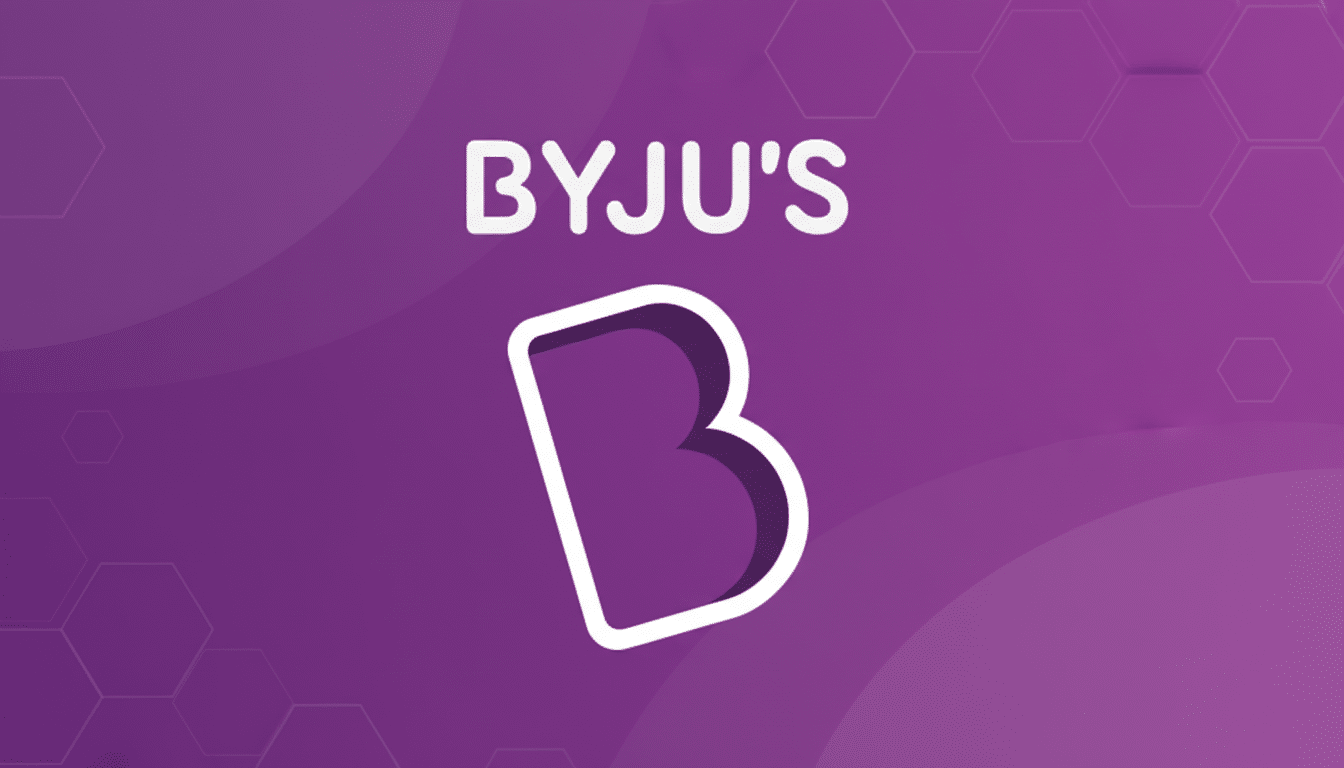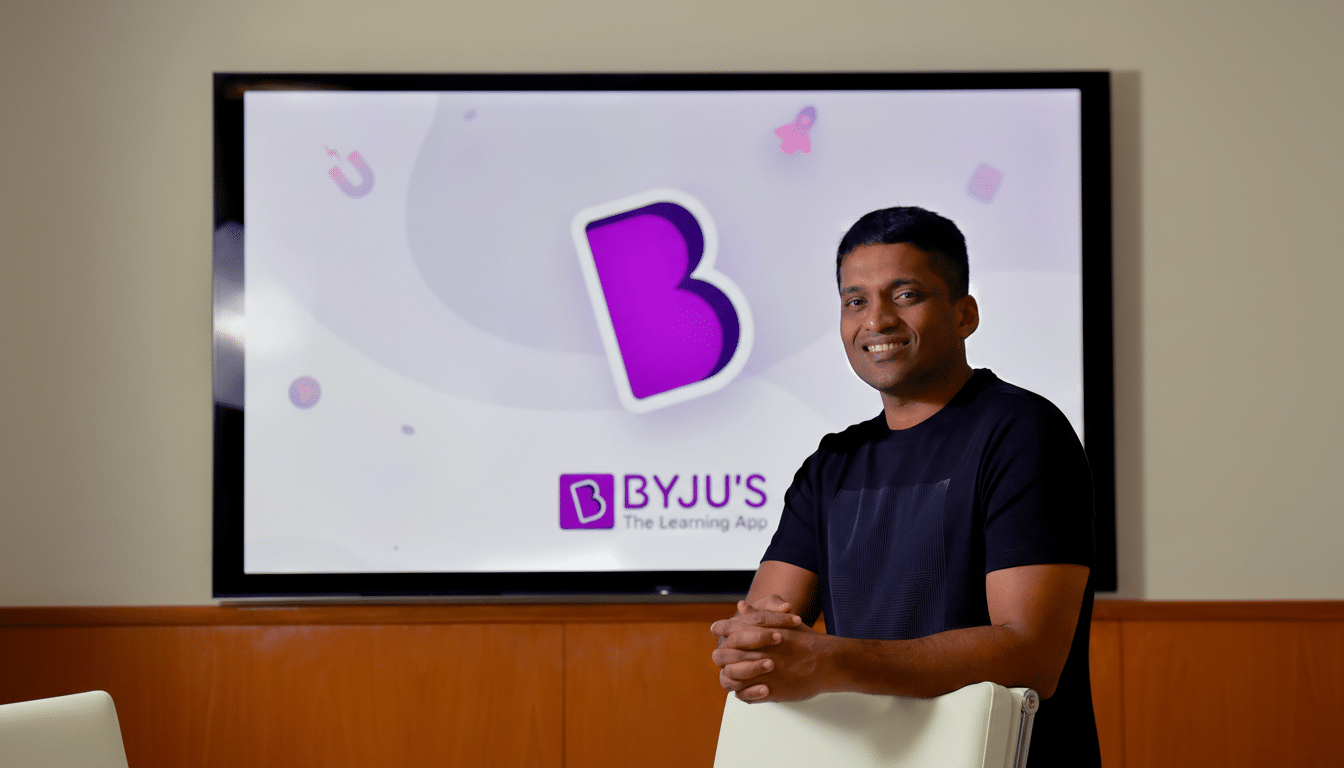Byju Raveendran will challenge a U.S. bankruptcy court’s default judgment that he owes more than $1.07 billion, intensifying a cross-border fight over the disappearance of loan proceeds and control of the edtech group he started. He has denied any wrongdoing, accused lenders of misleading the court, and said the ruling was based on procedural penalties rather than evidence he personally profited.
What the Delaware bankruptcy court found and imposed
After Raveendran missed multiple deadlines to heed discovery demands and corresponding court orders, the Delaware bankruptcy court issued the default judgment in connection with litigation linked to a $1.2 billion term loan established in 2021. At issue is about $533 million that Byju’s U.S. operation, known as Alpha, transferred in 2022 but did not recoup, and a separate limited partnership interest ultimately worth around $540.6 million that followed.

U.S. Bankruptcy Judge Brendan Shannon cited a long track record of defiance, missed hearings, blown deadlines, and snubbing of a previous contempt order that imposed $10,000 in daily sanctions. The court, calling the relief “extraordinary,” said conditions were specific enough that default — an extreme remedy generally imposed on litigants who thwart the process — was warranted.
How the dispute over loan proceeds landed in Delaware
The lenders, led by GLAS Trust as administrative agent, filed suit in the Delaware bankruptcy court after the term loan turned sour and was accelerated in 2023. Previously, Byju’s contested the acceleration in the New York Supreme Court and argued that the court didn’t have personal jurisdiction over Raveendran any more than it had with respect to his company. The judge spurned that jurisdictional defense, citing his U.S. fundraising and managerial connections.
GLAS Trust and a group of lenders filed claims against Raveendran and co-founder Divya Gokulnath in April to recover the loan proceeds they say were siphoned off. The duo accused lenders of trying to “effect a hostile takeover” and said they would counterclaim in various courts for at least $2.5 billion. They also said the funds were retained by Alpha, which is supported by Think & Learn, Byju’s parent, not in personal accounts.
The appeal and what’s next in U.S. legal proceedings
Raveendran’s attorney argues that the default judgment was entered based on an earlier contempt order, which denied him the opportunity to put up a complete defense as to the merits of his case. The court gave a brief period to respond to the ruling, after which the parties can pursue potential appeals. In U.S. bankruptcy matters, appeals are generally taken to the District Court for the district in which the case was filed before any higher court review.

Lenders say the default was won after months of evasion by Raveendran and that the judgment is a positive step to protect creditor recoveries. They have also accused Alpha of funds “round-tripping” to Raveendran and his associates, something he has refuted outright. The appeal is expected to center on issues concerning fair process, sanctions, and whether there is a basis in the record for personal liability at this point.
Implications for creditors, operations, and restructuring
The ruling adds to pressure on Byju’s at a fragile time. Previously valued at roughly $22 billion and backed by marquee investors including Prosus, Tiger Global, and the Chan Zuckerberg Initiative, the company has struggled with a funding drought, governance turmoil, auditor and board resignations, and broad layoffs since 2022. Enforcement of a U.S. judgment exceeding $1 billion could reshape creditor talks, depending on the location of assets and recognition by other courts around the world.
In India, Byju’s is in a court-supervised sale process after insolvency proceedings, with Manipal Education and Medical Group and upGrad showing early interest, as reported by local media. Cross-border insolvency coordination will be key: lenders may seek outcomes in Delaware to converge with ongoing processes in India, even as the company’s leadership considers the need to sustain operating continuity and brand value in its largest market.
What to watch next in the Byju’s bankruptcy dispute
The central questions now are legal and financial. The legal challenge could be whether a default judgment can stand at this level without facts determined (contested as to Alpha’s use of funds and the scope of discovery compliance). The decision will also have financial implications, affecting how much leverage lenders have in any restructuring talks and the way recoveries play off against asset sales or new financing.
If the judgment survives appeal, lenders could try to attach assets in the United States or seek recognition of the ruling in other countries, a complicated process that frequently depends on comity and local insolvency laws. If stripped or vacated, expect a return to discovery-heavy litigation around cash flows and governance at the time of the 2021 term loan — a paper trail that will show whether this enterprise concludes in settlement, wider restructuring, or an extended courtroom battle.

